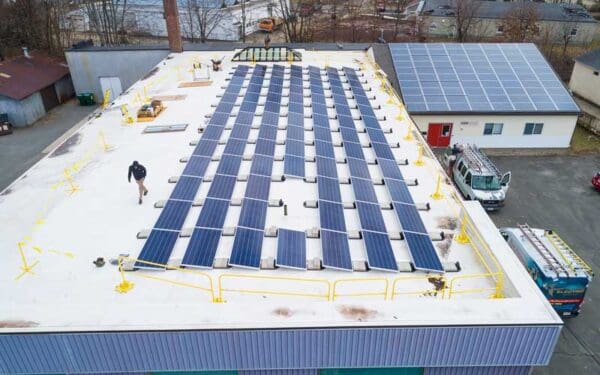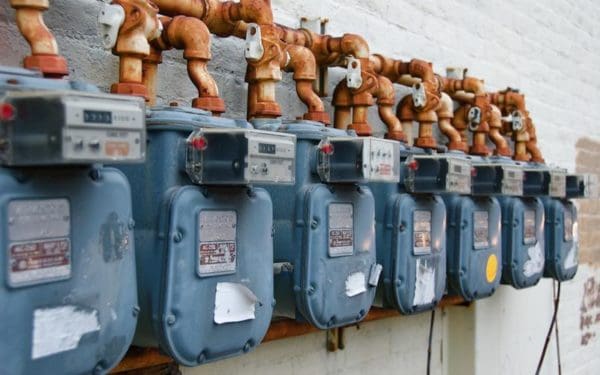Unlocking the Power of Microgrids in Today’s Energy Landscape
Microgrids will provide communities with energy independence, resilience, and security in the face of extreme weather.

Microgrids will provide communities with energy independence, resilience, and security in the face of extreme weather.

In a victory for Everett residents, ExxonMobil has agreed to sell its aging facility. The site can never again be used to store polluting fossil fuels.

The Twin States Clean Energy Link would run from New Hampshire into Vermont and connect to Canada, bringing clean energy into and out of the region.

“Every year, vehicle emissions are linked to thousands of deaths in the northeast,” said Heather Govern, Director of CLF’s Clean Air and Water program. “Large bus companies must be held accountable for ignoring idling laws designed to limit toxic emissions and protect public health. CLF filed this appeal to continue the fight for cleaner air in our communities.”

“The DPU absolutely came to the right conclusion here: dangerous, polluting fossil fuel gas and so-called renewable natural gas are not the future of heating,” said Caitlin Peale Sloan, Vice President of CLF Massachusetts. “It will take huge investments to make this transition, and we cannot increase the burden on low- and moderate-income families in the process. We still have a lot of work to do to reach our climate and emissions goals, but today’s order puts us on the right path for years to come.”

The 100-acre ExxonMobil tank farm in Everett will not be allowed to store fuel anymore as a result of a settlement agreement between the company and the Conservation Law Foundation. “This is a facility where ExxonMobil, which has known through work by its own scientists about the risks of extreme weather to their facilities, has done nothing to prepare for extreme storms,” said foundation President Brad Campbell.
“We welcome ExxonMobil’s decision to resolve this litigation, make the facility closure permanent, and market the site for cleaner and safer uses,” said CLF President Brad Campbell. In settling the case, CLF has obtained an enforceable prohibition on the property ever being used for polluting bulk fossil fuel storage.

CLF president Bradley Campbell said in a statement that its settlement with Exxon “should put operators of similar climate-vulnerable facilities on notice that they cannot turn a blind eye to the extreme weather dangers driven by climate change.”
The Massachusetts Land Court ruled that a building permit issued in 2011 to Palmer Renewable Energy has long expired, dealing a blow to plans for a $150 million, 35-megawatt wood-burning power plant long planned for East Springfield. The project was opposed by the state’s U.S. senators, the community and environmental groups.
“Low-income neighborhoods have lacked access to critical resources like healthy food for decades, and About Fresh aims to change that,” said Gina Foote, CLF’s Director of Impact Investment. “Supporting this small business with an innovative high impact investment has the potential to build a healthy community. We’re proud to support a thriving small business like About Fresh trying to improve their neighborhood.”
